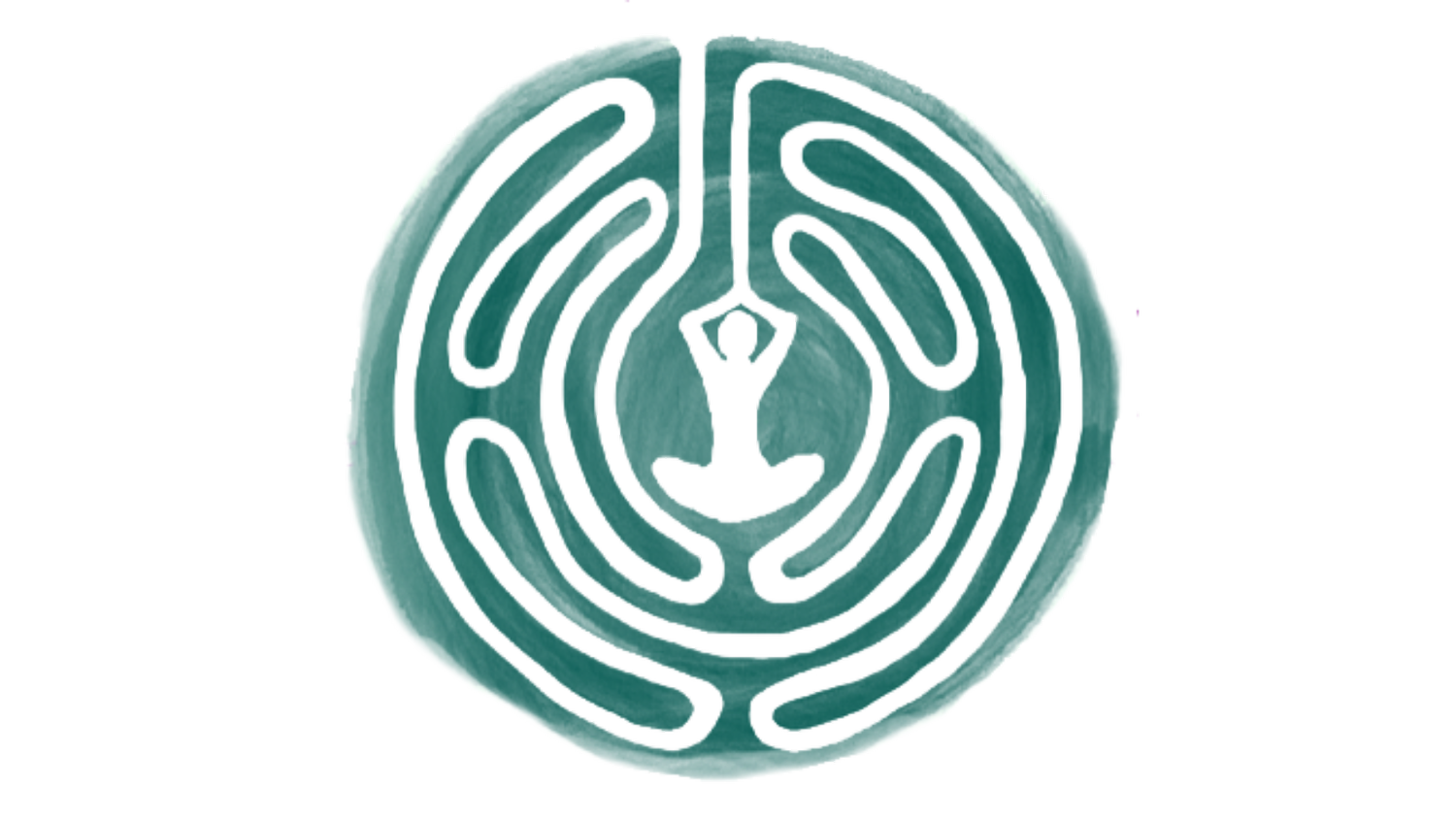Exploring Holy Tension: A Meditation
Renee explores the practice of falling in love with the holy tensions, the paradoxes, we find in our lives. We hope you can find 10 minutes to lie down, relax, and enjoy her guided meditation, available at the end of this post.
One of my favorite moments of a yoga class is when the instructor says, “Relax your face.”
When an instructor says this, I’m usually holding a pose—a lunge, a bridge, a plank—something that requires stamina and effort. “Relax your face” is usually followed with “You do not need your facial muscles for this pose.”
I’m always amazed at how much I try to hold poses with my face. A clenched jaw, furrowed brow, tight neck muscles that raise my shoulders. I do not need to hold a lunge with my jaw! Even in a high plank pose, where my arms are holding much of my body weight, I do not need to clench my face. I am learning that even in a pose of tension, I can relax.
One of the things I love most about practicing yoga is how it is a mirror for living life—and how becoming aware of my patterns on the mat can help me be aware of those same patterns in life.
On my way to work this morning, I was sitting on the city bus when I realized that I was holding my breath in anticipation of my work day. I wasn’t late for work; I wasn’t driving—I was playing a game on my phone and holding my breath, causing my body stress when I didn’t need it. When I noticed my breath, I deepened it. I noticed my anxiety about the day, then breathed deeply. I can hold the stress of work, but relax the parts that don’t need stress—like my breath.
Our bodies can hold the pose and rest—at the same time.
I see this tension in my life with God too, in the tension between faith and works, in trust and action. The book of James says, “What good is it, my brothers and sisters, if someone claims to have faith but has no deeds? Can such faith save them? [...] In the same way, faith by itself, if it is not accompanied by action, is dead” (James 2:14 & 17, NIV). Can we hold both faith and action in our lives?
My friend Lauren Burdette calls these paradoxes in our lives “a holy tension.” In her book This Life That Is Ours, Lauren writes:
Our spiritual journeys often consist of deep paradox: great joy and great sorrow, new invitations alongside loss and grief, feeling at home and feeling like an outsider—the list goes on and on. My work in spiritual direction has shown me that God meets us in the space between these uncomfortable tensions.
I’ve fallen in love with the both/and of holding together life’s paradoxes. The Holy Spirit often moves in this tension of the in between, of the third way, of the space between certainties. Embracing the both/and reminds us that we are not in control. Paradoxes invite us to let go and create space for surprise.
Our rational, thinking brains are uncomfortable with these paradoxes. We like resolution, but we often cannot resolve holy tensions. We can only hold them. When we do, we begin to engage the world from our souls, where we encounter relationship with God. Paradox takes us out of head knowledge and into heart knowledge.
I’ve been learning to notice where my life holds these paradoxes—tension and rest, anger and contentment, busy and bored. Rather than condemn one and want only the other, I have been trying to live with both, with the idea that life holds all the things, even if they are contradictory, and even if it’s uncomfortable.
Last winter, Lauren and I led a class of mothers who explored this holy tension in their parenting. To go along with this idea, I created a guided meditation to explore holy tension in our bodies. I wanted to share that meditation here.
In the meditation, when I mention “motherhood,” replace it with wherever you are noticing tension in your life: family, work, God, mental space, etc. How can you find God in the both/and, rather than the either/or?
